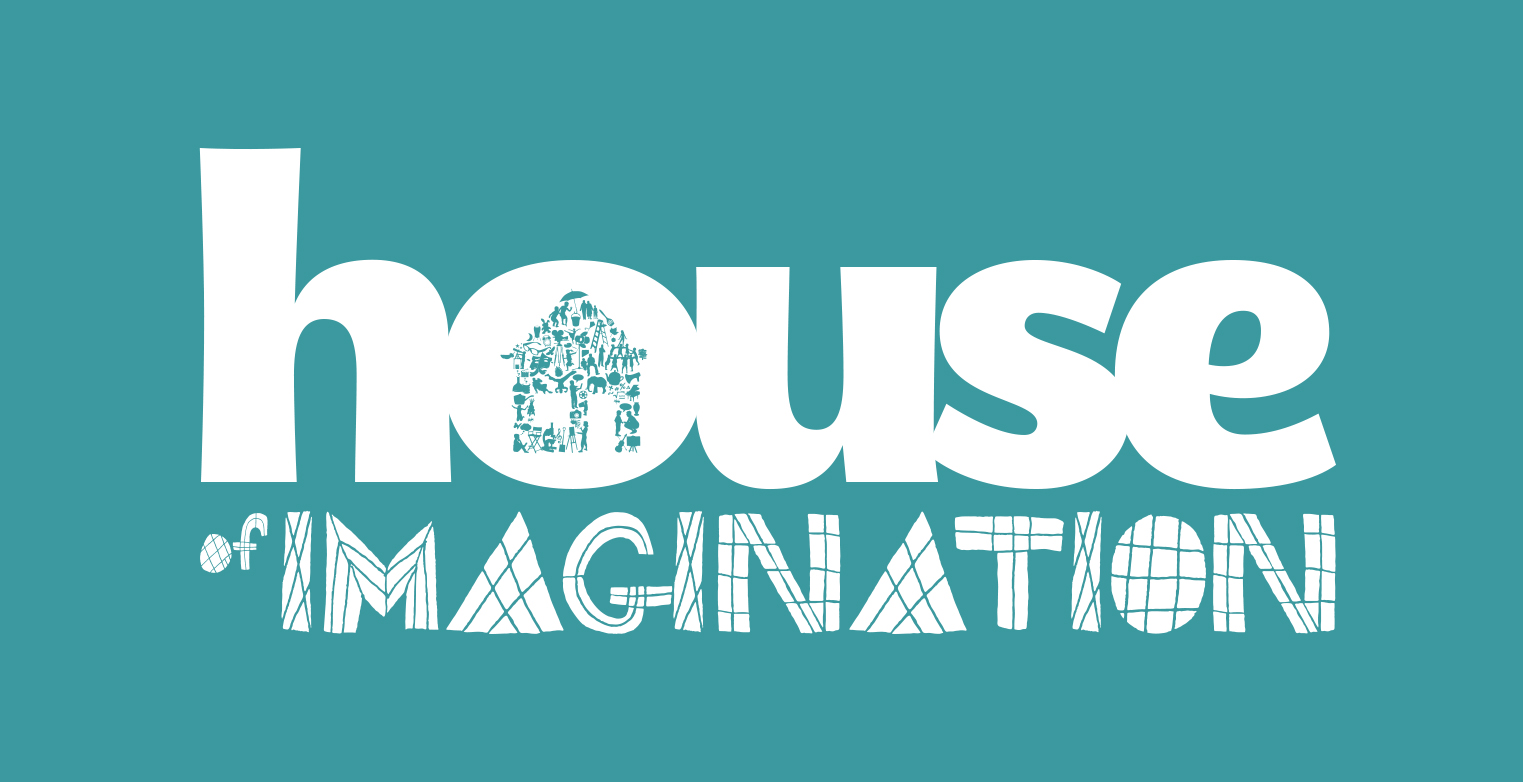“To make a lovable school, industrious, inventive, liveable, documentable and communicable, a place of research, learning, re-cognition and reflection, where children, teachers and families feel well – is our point of arrival.” Loris Malaguzzi
Loris Malaguzzi (1920-2020) was a central figure in the Reggio Emilia approach in Northern Italy. I was lucky enough to attend an international research conference celebrating his work and contribute to a contemporary debate in relation to his legacy. The conference, for the centenary of Loris Malaguzzi’s birth, proposed that together we seek to understand all the issues central today in debate, discussion and reflection that transcend the situation of childhood and instead affect human beings, relationships, women, formative experience, inter-personal relations, culture, and gender culture. (Loris Malaguzzi, If the Eye Leaps over the Wall Exhibition, 1981)
In his commentary to If the Eye Leaps over the Wall exhibition Loris Malaguzzi wrote, “our hope is that the eye, taken figuratively both as a symbolic eye, summoned here to see and understand the new cultural roles which seeing and images have in contemporary society and as a conceptual figure which embraces all the problems of the growth and development of both child and adult, will have the strength and the will to leap over the wall. The wall, that is, of incongruence, of banality, of old rules, the rigid packaged concepts and the elusive, atomised, and rhetorical actions which still cluster around the image of human beings and the project of educating children.”
International colleagues participated in a series of reflections on various areas of research:
1.The right to rights
An ecological vision of human beings
2.The right to subjectivity
The hundred languages give value to the plurality of knowledge processes
3.The right to research
Interdependency in educational contexts between theory and practice
4.The right to competence
Children and adults as participatory subjects in the construction of culture
5.The right to beauty
The ethics and aesthetics of knowledge processes
I was part of the ‘The right to research’ seminar focusing on the interdependency in educational contexts between theory and practice. Invited keynote speakers included Peter Moss, Emeritus Professor of Early Childhood Education at University College London, Institute of Education, and Gunilla Dahlberg, Emeritus Professor of Education at Stockholm University, Department of Child and
Youth Studies, who are both members of the Scientific Committee of the Reggio Children, Loris Malaguzzi Centre Foundation. This was also an opportunity to share our work at Bath Spa University, and in particular our research with House of Imagination (previously 5x5x5=creativity) and Forest. of Imagination.
As academics and creative professionals, we know that the relationship between theory and practice in research poses individuals and society with fundamental and ethical questions, requiring responses that are capable of weaving knowledge with imagination, of shifting points of view, and extending the horizons of experience. Loris Malaguzzi stated ‘Research and experimentation are moments of decisive importance in all senses: we need to go there fully aware …Controlling what we are attempting and doing has to be done not only with the people who work in schools but above all with families and the people, with humility and an absolute respect for democracy.’

